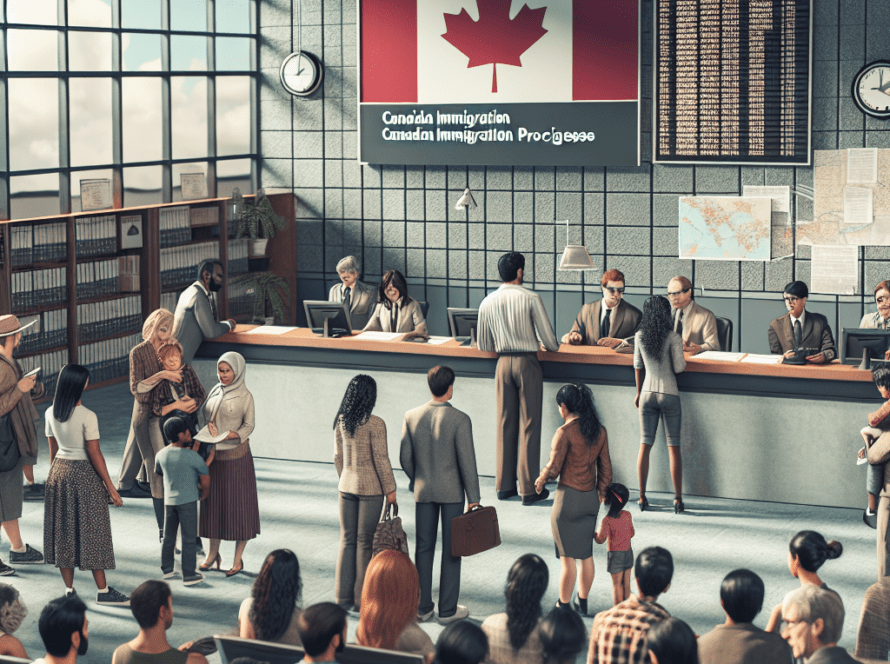Canada Faces Rise in Immigration Refusals Due to IRCC Mistakes

Canada’s Immigration Landscape: A Surge in Refusals and the Role of IRCC Errors
In recent months, Canada has witnessed a significant rise in immigration application refusals, a trend that has raised eyebrows and sparked concerns among prospective immigrants and stakeholders alike. The increase, primarily attributed to errors made by the Immigration, Refugees and Citizenship Canada (IRCC), highlights the complexities of the immigration process and the growing need for reform within the system.
Key Points of Concern
-
Rising Refusals: Data indicates that immigration refusals have surged, with many applicants facing denial due to what they believe are avoidable mistakes by IRCC officials. This uptick has left countless individuals and families in limbo, undermining Canada’s reputation as a welcoming nation.
-
IRCC’s Role: The IRCC is tasked with processing immigration applications and ensuring that policies are applied fairly and consistently. However, a series of errors—from misinterpretations of documentation to administrative oversights—have led to unjust refusals that could have been avoided with more thorough checks and better training for officials.
-
Impact on Applicants: The implications of these refusals extend beyond mere statistics. Prospective immigrants invest significant time, resources, and hope into their applications. When faced with an unexpected refusal, many are left questioning their future in Canada, which can have lasting emotional and financial repercussions.
- Need for Systemic Reform: As the number of refusals continues to climb, experts emphasize the need for systemic changes within the IRCC. This includes improved staff training, enhanced technological support for application processing, and a more transparent appeals process to rectify errors swiftly.
Insightful Analysis
The increase in immigration refusals in Canada serves as a stark reminder of the human element involved in bureaucratic processes. Each application represents a personal story, and behind every refusal lies a potential setback for individuals seeking a better life. The IRCC’s errors not only reflect operational inefficiencies but also raise questions about accountability and the adequacy of the current immigration framework.
Moreover, the surge in refusals may inadvertently deter future applicants, who could perceive the Canadian immigration system as fraught with unpredictability and risk. In an era where global mobility is increasingly important, Canada must balance its immigration policies with compassion and efficiency to maintain its standing as a desirable destination.
A Unique Perspective
As Canada navigates this challenging landscape, it also presents an opportunity for advocacy and reform. Civil society organizations, immigration lawyers, and community leaders must amplify their voices to demand accountability and improvements within the IRCC. Public awareness campaigns can educate potential immigrants about their rights and options in the face of refusals, empowering them to seek recourse when necessary.
In conclusion, while the surge in immigration refusals due to IRCC errors is a pressing issue, it is also a call to action. By addressing these systemic flaws and prioritizing the human aspect of immigration, Canada can reaffirm its commitment to inclusivity and uphold its reputation as a land of opportunity for all. As stakeholders rally for change, the hope is that the immigration process will become more streamlined, transparent, and, ultimately, fair for everyone seeking to call Canada home.



